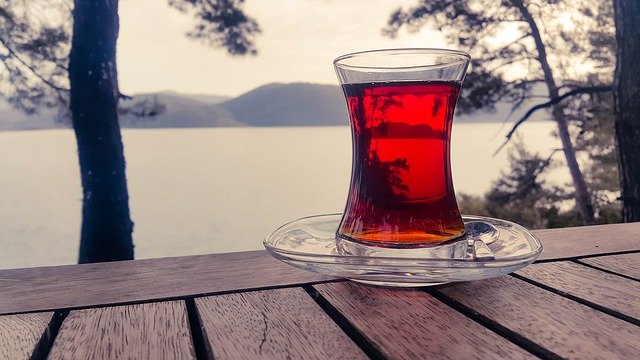Herbal Tea: Who’s Testing Yours?
During the pandemic, I have been tossing vitamin C’s down my throat like candy. At one point, I stopped to consider this activity, and switched to drinking rosehip tea. My decision to ingest rosehip tea was based on something I was told long ago about the vitamin C content of rosehips. With all the resources at our fingertips today, I wondered if I should learn what really is in rosehip tea.
Herbal teas do not have to be approved by the FDA for medicinal purposes. However, if the supplier wants to claim the vitamin C, or antioxidants, or other nutrient in rosehip tea can be beneficial, the presence of each beneficial component in the tea needs to be tested and proven. An unbiased independent materials testing lab like NSL Analytical Services can be trusted to test herbal teas and other nutraceuticals.

Using chemical analysis, labs like NSL Analytical Services are able to determine the presence of beneficial nutrients, if any, in the tea. Following chemical analysis, rosehip tea was found to contain polyphenols, carotenoids, vitamin C and vitamin E. Additionally, rosehip tea contains antioxidants, though the amounts vary greatly, based on plant species, harvest time, processing method and the altitude at which the plant was grown. The components found in the tea have been the subject of many studies that demonstrate the benefits of these nutrients, but if materials testing labs like NSL Analytical Services were not able to reliably demonstrate the presence of these nutrients, any benefits would be moot.
Who is testing your nutraceutical before it gets to you?
